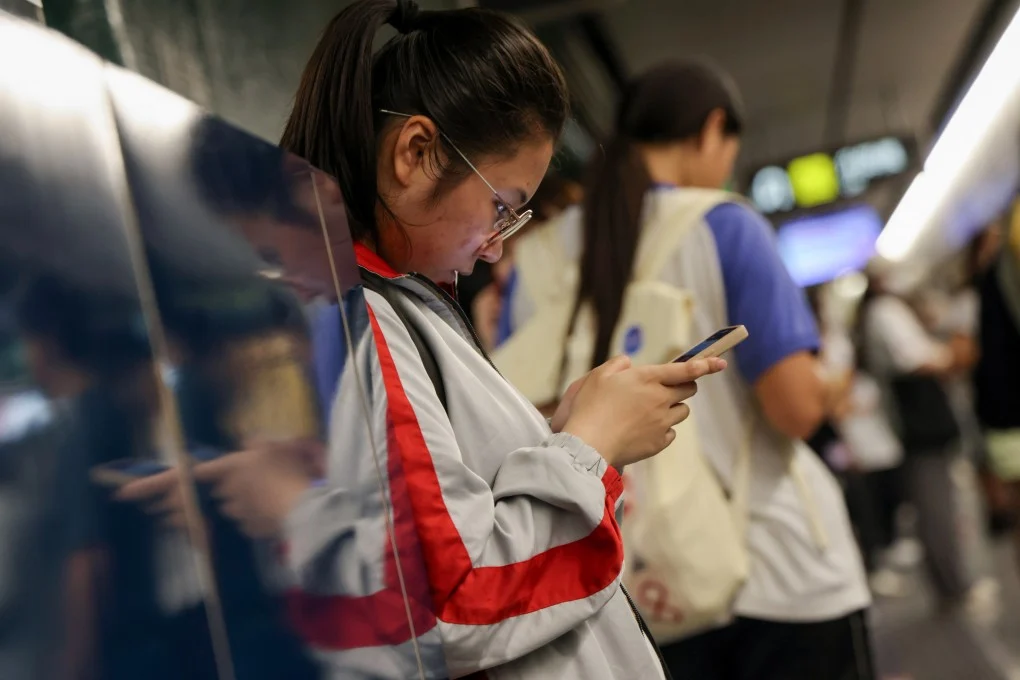Australia is set to introduce new laws aimed at restricting access to social media platforms for children under the age of 16, as part of a bold new initiative to protect young people from the harms of online content.
The legislation, which will be tabled in Parliament next week, is being hailed by Prime Minister Anthony Albanese as a critical step in safeguarding Australian children from the increasing risks of social media exposure.
In a press conference on Thursday, Albanese outlined the government’s commitment to tackling the growing concerns about the impact of social media on the mental health and safety of children.
“Social media is doing harm to our kids, and I’m calling time on it,” he said. “This one is for mums and dads. They, like me, are worried sick about the safety of our kids online.”
The proposed legislation would prohibit children under the age of 16 from accessing popular social media platforms like Instagram, Facebook, TikTok, and YouTube, irrespective of whether they have parental consent or already have existing accounts.
READ ALSO: Australian PM announces plan to ban children from social media
According to Albanese, social media companies will bear the responsibility of enforcing the age limit, and they will be required to take “reasonable steps” to prevent young people from accessing these platforms.
“The onus won’t be on parents or young people. We will ensure that platforms are held accountable,” he said, emphasizing that there would be no exceptions or loopholes.
The law is expected to come into force 12 months after being passed, and a national cabinet meeting of premiers and chief ministers will convene on Friday to discuss the finer details.
The government is also planning to conduct a review of the law once it has been implemented to ensure that it is achieving its intended goals without causing unintended consequences.
“This is world-leading legislation, and we want to make sure we’ve got it right,” Albanese stated, adding that some exemptions or exclusions may be included after further consultation to avoid unintended effects.
As part of the new regulatory framework, significant penalties will be imposed on social media companies that fail to comply with the age limit requirements.
READ ALSO: Breaking News: Pastor Chris Oyakhilome declares Elon Musk’s X social media network last bastion of free speech
Michelle Rowland, the Minister for Communications, explained that the eSafety Commissioner would be given the authority to enforce the legislation, with enhanced penalties for platforms that flout the law.
“This is about making sure that social media companies live up to their responsibilities to our kids,” Rowland said. “The penalties will be designed to ensure compliance, and social media platforms will be held accountable for failing to act.”
The platforms that will be directly impacted by the legislation include some of the most popular social media services in Australia, such as Meta’s Instagram and Facebook, TikTok by Bytedance, Elon Musk’s X (formerly Twitter), and Alphabet’s YouTube.
Although social media platforms like Facebook, Instagram, and TikTok already have age limits set at 13, enforcement has often been lax, and young users frequently bypass these restrictions.
This has been one of the major drivers behind the government’s decision to implement stricter measures.
To ensure compliance, the government is exploring a double-blind tokenized approach to age verification.
According to reports from The Sydney Morning Herald, this system would involve providing a third-party service with the necessary data to verify a user’s age without sharing any other personally identifiable information. The technology is still in the trial phase, and the government is working with social media companies to test potential solutions.
While the age verification system is a key part of the enforcement mechanism, some social media companies have expressed concerns.
Meta, for example, has indicated that while it would comply with the new legislation, it has reservations about the technology involved in age verification.
“We recognize the importance of this issue, but there are significant challenges with implementing a universal age verification system that complies with both privacy and security concerns,” said Antigone Davis, Meta’s global head of safety.
“Current age-assurance technology often requires sensitive personal data, such as IDs or biometric data, which raises concerns about privacy and data security for young users.”

 Entertainment6 days ago
Entertainment6 days ago
 Health5 days ago
Health5 days ago
 Crime5 days ago
Crime5 days ago
 Education7 days ago
Education7 days ago
 Health7 days ago
Health7 days ago
 Comments and Issues6 days ago
Comments and Issues6 days ago
 Football6 days ago
Football6 days ago
 Latest6 days ago
Latest6 days ago

